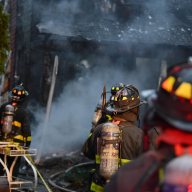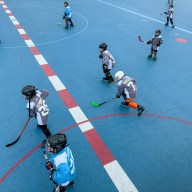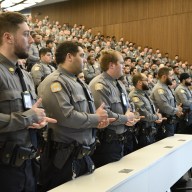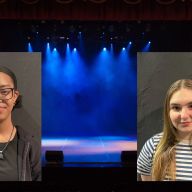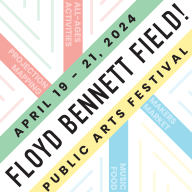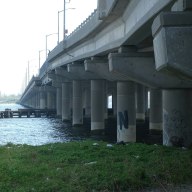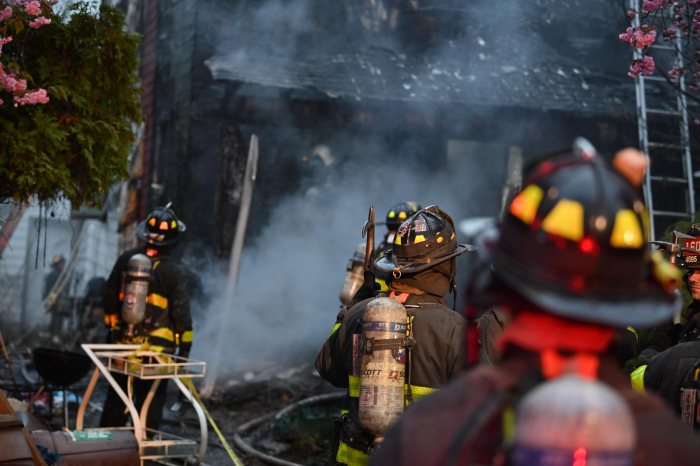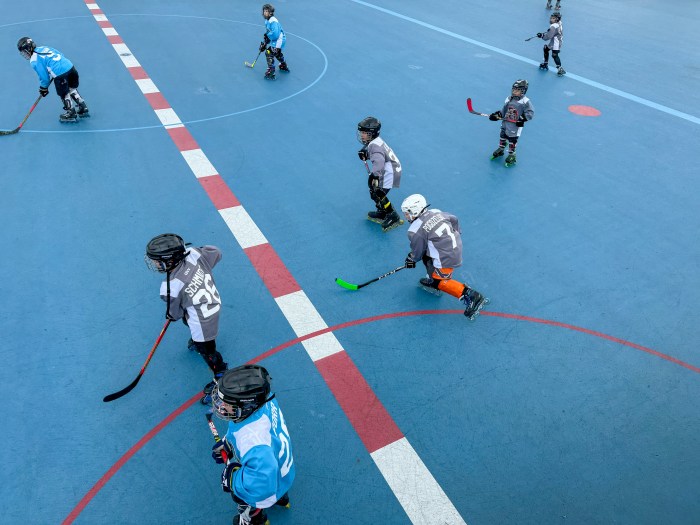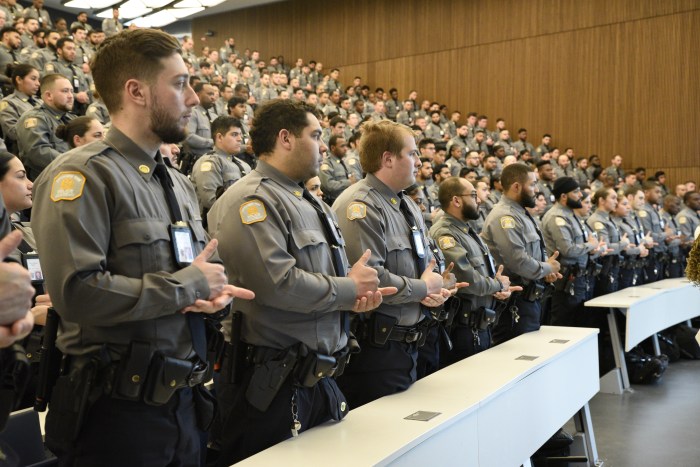By Daniel Massey
More than 1,000 Afghans from across the tri-state area gathered in Flushing Meadows Corona Park Sunday for an Independence Day celebration to mark the 83rd anniversary of the end of British colonial rule of their homeland.
The event, which has been held each year for the past eight years, took on a different and more significant meaning this year because of the Sept. 11 terrorist attack and its ripple effects on Afghanistan, organizers said.
For Sunday’s celebration, organizers changed the name from “Afghan Independence Day” to “Afghan Heritage Day” to reflect the gravity of the year’s events.
“We’re not in a state to celebrate independence,” said Rameen Javid Moshref, an event organizer who runs the Flushing-based Afghan Communicator magazine. “In light of Sept. 11 we thought it’s better to celebrate our culture than talk about independence or politics.
The festival marking the 1919 independence from British rule took place on the border of the Flushing neighborhood that is home to more than 10,000 Afghans. Flushing is the epicenter of the metropolitan area’s estimated 50,000 to 75,000-member Afghan community.
“It’s about getting together and learning about our culture and keeping it alive,” said Ahmad Yousufzai, 17, of Flushing.
The sounds of Afghan music and the smells of Afghan food filtered into the air at the festival grounds just east of the Unisphere. A steady stream of Afghans dressed in colorful traditional clothing with intricate embroidery patterns braved the 90-degree heat to celebrate their heritage.
Zabi Faqirir, a Flushing butcher, sold Afghan fruit from a stall at the west end of the festival grounds. He was one of about 15 vendors who peddled items ranging from kebobs to Afghan rugs and jewelry to participants.
The well-dressed included a group of young children who participated in an afternoon Afghan fashion show. The elaborate patterns represented different regions of Afghanistan and the languages spoken by festival participants— English, Pashto and Dari—reflected the diversity of the Afghan people, organizers said.
“Usually when you talk about Afghanistan, all you see is people with turbans running in the dirt,” said Haroon Anwarzai, another organizer of the event. “Afghanistan is not like that. What you hear on the news is not what Afghanistan is about.”
The celebration took on added meaning this year for many Afghans because they were also celebrating the fall of the repressive Taliban regime, which controlled Afghanistan until last year, said Fardeen Barak, 21, who immigrated to the United States when he was 3.
As they celebrated, Afghan Americans expressed concern for the future of their homeland.
Tahira Homayun, a Manhattan doctor, traveled to Afghanistan in June for the first time since leaving for the United States 27 years ago. She has become active in a non-profit organization comprised mostly of professional women that is seeking to help rebuild Afghanistan.
On her trip she visited a school in the northern Lougar Province. “The conditions were very bad,” she said, describing how young students sat on the ground in a courtyard and did not have text books or blackboards.
“I went back for the first time to see in which areas I could help,” she said. “We are trying to help with the rebuilding process.”
Reach reporter Daniel Massey by e-mail at Timesledger@aol.com or call 229-0300, Ext. 156.







